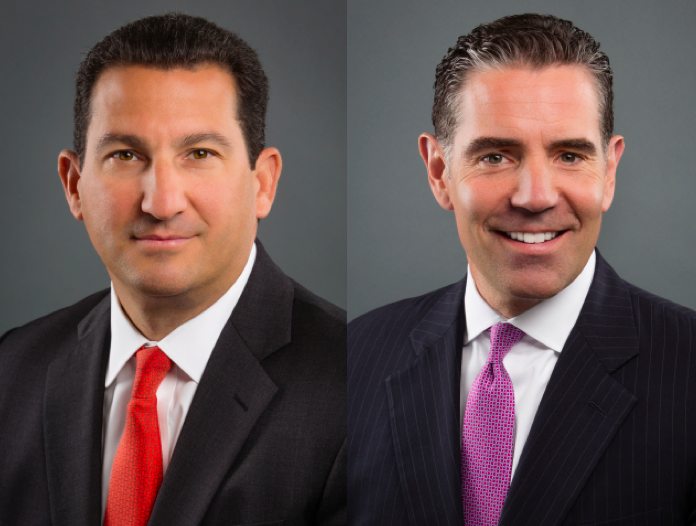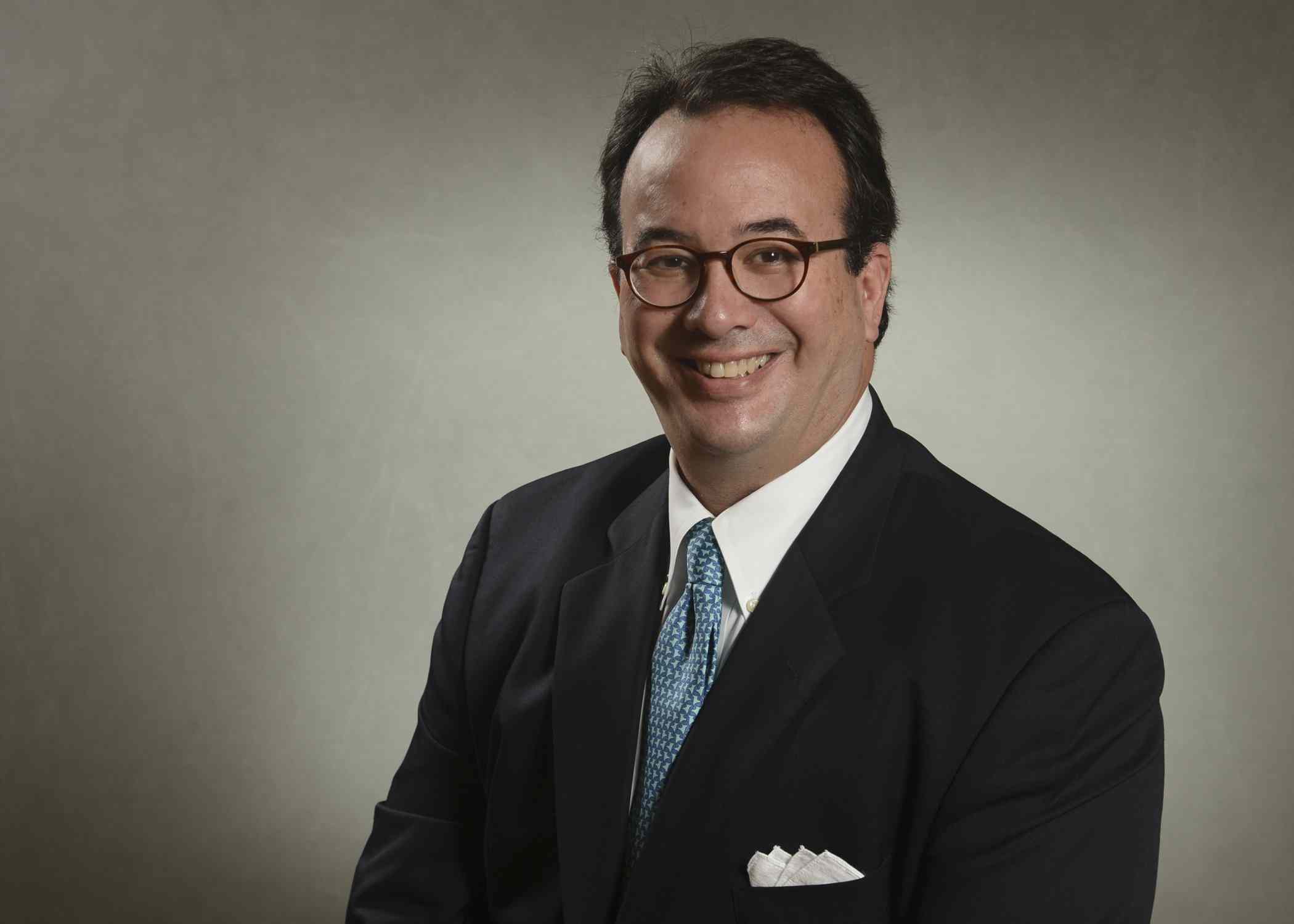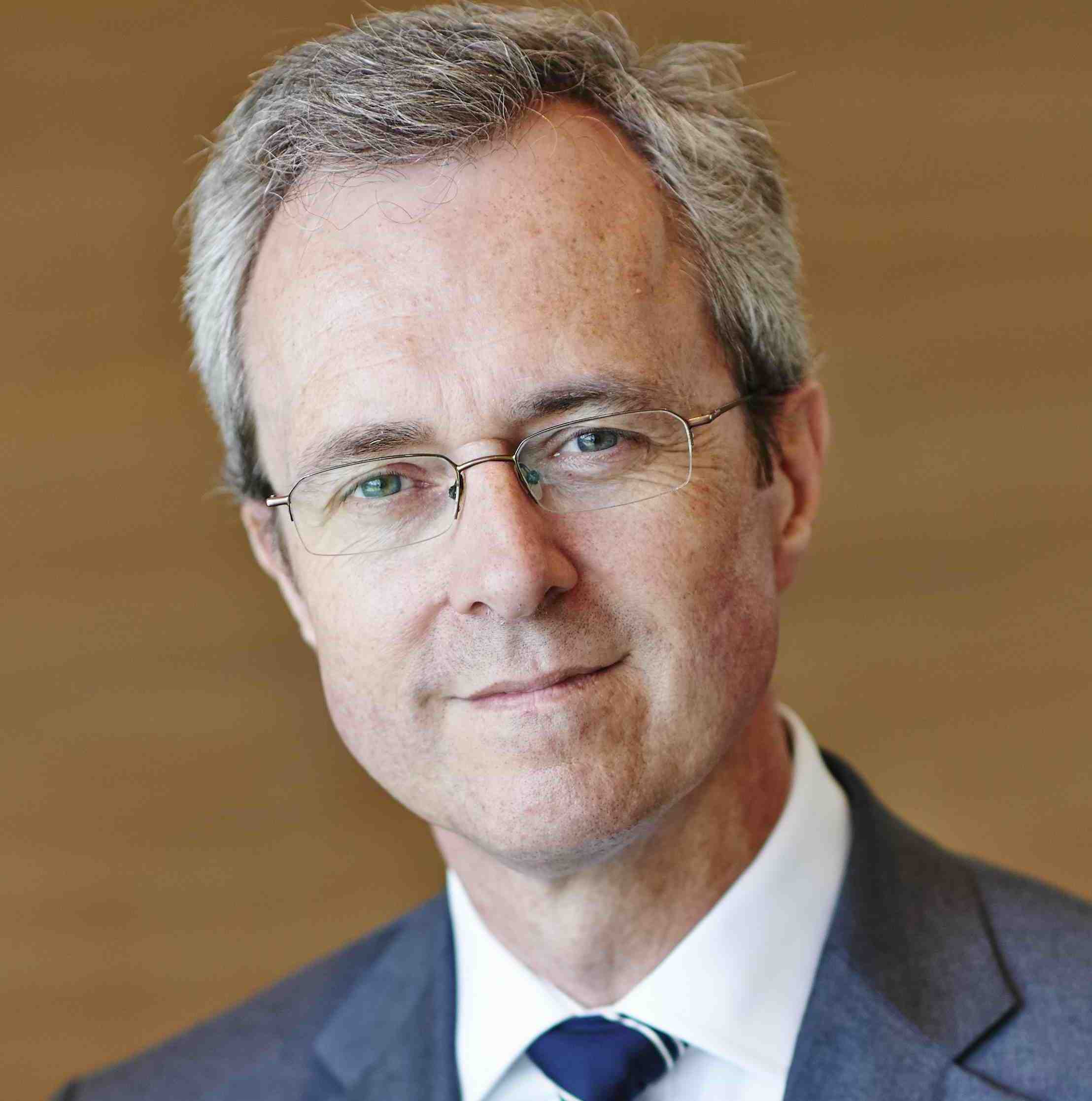MFS Promotes Michael Roberge to Co-Chief Executive Officer
| By Fórmate a Fondo | 0 Comentarios

MFS Investment Management announced that Michael Roberge, MFS President and Chief Investment Officer, has been promoted to Co-CEO, effective January 1, 2015. Roberge will share management responsibilities with Robert Manning, MFS Chairman and Chief Executive Officer since 2004. Roberge will also continue to serve as Chief Investment Officer for MFS.
Appointing Co-Chief Executive Officers will allow MFS to build out its leadership team and give Manning the opportunity to focus on the firm’s overall strategic direction, working closely with MFS’ clients and intermediaries around the world.
“In his 18 years with the firm, Mike has proven himself to be an exceptional leader and a talented investor. As Co-Chief Executive Officer, Mike will play a critical role in both guiding our investment team and managing our ongoing global expansion,” said Manning.
MFS has experienced global growth in recent years. Assets domiciled outside of the US today account for more than one-third of MFS’ assets under management.
“At MFS, we take a long-term approach, in both our investment and business strategies,” said Roberge. “Our clients will always come first. We have to ensure that we can continue to meet their needs and expectations in every place we do business.”
Roberge joined MFS in 1996 in the fixed income department. During his career at MFS, he has served as a credit analyst, portfolio manager, research director, Chief of Fixed Income, and Chief US Investment Officer, before being promoted to President and CIO in January 2010.
In order to allow Roberge to focus on his new leadership role, MFS will transition some of his investment oversight responsibilities to two new group CIOs. Kevin Beatty, Director of Equity, North America, will be promoted to Chief Investment Officer, Global Equity, and William (Bill) Adams, MFS Director of Fixed Income will be promoted to Chief Investment Officer, Global Fixed Income. Both Beatty and Adams will report to Roberge.
“Kevin and Bill have played an integral role in our long-term investment success,” said Roberge. “They are highly respected by their peers on the investment team and I have every confidence that they will be tremendously successful in their new roles.”
Adams joined MFS in 1997 as a corporate credit analyst. He took on portfolio management responsibilities in 2000. In 2009, Adams was appointed Director of Corporate Credit Research before being promoted to Director of Fixed Income in 2011.
Beatty joined MFS in 2002 as an equity research analyst and was named portfolio manager in 2004. Prior to assuming the role of Director of Equity, North America, in 2011, he served as Director of US Research beginning in 2007.





